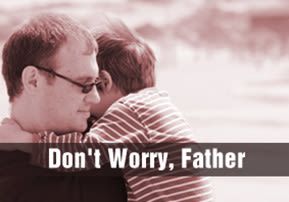
Don’t Worry, Father
David – forced into the socially-acceptable mold that his parents wanted – suffocated. But, once he began to pursue his own path, he began to flower...

David, age seventeen is the son of baale teshuva parents who raised him in a Charedi (very religious) way even though they were not yet on that level. David was noticeably different than the other boys in his charedi Yeshiva, but he worked very hard to be accepted. David had an angel for a Rebbe his first year and ultimately became very popular amongst his peers. In his earlier years, all of David’s Rebbe’s described him as a hard-working student with good middot ( good character) and yeire shmayim (respect for G-d).
One day David came home and told his parents that he did not have any close friends at Yeshiva. He said that everyone liked him but that he did not feel close to any of them. David explained that most of his peers were nice boys but that none of them were his kind. David’s 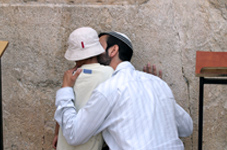 parents tried to be “supportive” of their son but they really were not listening to him. They unconsciously knew that David was starting to flounder but were in denial.
parents tried to be “supportive” of their son but they really were not listening to him. They unconsciously knew that David was starting to flounder but were in denial.
David was only 13 years old when he stopped enjoying Yeshiva. As David’s academic performance dropped, he continued to try and give his parents nachas (pride) but it became increasingly difficult for him to function in a strictly charedi environment. David yearned to be in a less restrictive and critical environment with boys and Rebbes who he could open up to without feeling that they would judge him as “too modern.”
Next year David entered a charedi Yeshiva Gedola (high school) the difficulty level of the learning was now cranked up even higher and the hours were much longer. David could not keep up with his studies and began to think that he was not a good boy any more. His lack of academic success also translated into less enjoyment from his Torah learning. Eventually David spent less time in Yeshiva even taking a part time job during the regular learning time in order to feel successful at something. He started to smoke and hang around at night with other boys who were not succeeding. A few times he came home having obviously had too much to drink. Needless to say the principle of David’s Yeshiva was growing impatient with him. In his zeal, however, to convince David to switch to another Yeshiva, David’s Rosh Yeshiva (the principal) stooped to mocking David’s performance and accused him of something that was probably unfounded. Unfortunately that Rosh Yeshiva landed in the hospital the very next day – having suffered a severe heart attack.
David’s parents consulted with a number of charedi Rabbis about their son. The Rabbis reassured them that the path that they had chosen for their son would give him the best preparation for a life of service to Hashem and was the only true way to protect him against the yetzer hara (the evil inclination). The Rabbis frightened David’s parents by telling them that if their son were to leave the charedi world that he would certainly not be accepted back; that it meant that he could not get a good shidduch (marital partner) and that he would be doomed to an unsuccessful future, G-d forbid – David’s parents had heard enough. They left that meeting “convinced” that the right thing to do was to continue tuning out their son’s complaints – they had to – for his own good!
By this time, David was speaking to Hashem for nearly an hour a day in personal prayer in an effort to find his proper path. He felt that Hashem kept giving him the same message which was that he should make a change but he did not know how to do this without his parent’s support. David’s parents, however, did not feel comfortable with their son’s hitbodedut (personal prayer). They were tortured by the idea that their son might not be praying in the proper way and was therefore getting skewed, unreliable results.
Then came the “rebellion” that re-aligned David with himself. In fact it was not a rebellion at all. David left his Yeshiva without asking his parents for permission and went to visit another Yeshiva – one that he knew that his parents would never approve of. David clandestinely arranged with the new Yeshiva to live there for a two week trial period in which both he and the new Yeshiva would be able to determine if it would be Hashem’s Will for David to learn there.
After several days, David was accepted into the new Yeshiva and called his parents with the “good news.” His parents could not believe it was their son calling. His happiness knew no bounds. David loved his new Yeshiva. Far from the noise and congestion of city life, David began to re-connect with himself and Hashem. He rose before dawn, immersed himself in a natural well and prayed at sunrise. He began to learn the Talmud, the Jewish Codes of Law and the works of Rebbe Nachman of Breslev with a deep pleasure and enthusiasm that sustained him all day. He fell in love with the simple life of the yishuv (settlement): it’s breathtaking views – friendly, kind people, and delicious fresh foods.
David is out of the Charedi camp now. Gone, for now, are his long coat and charedi hat. Gone also are his parents’ fantasies of what they thought that their son should be. Their son was now living with people who not only dressed differently than they did but who had different political views as well. David told his parents that his new Rosh Yeshiva was in favor of the boys serving in the army – but here was the difference – this Rosh Yeshiva wanted his students to decide about this issue for themselves. David admired his new Rosh Yeshiva and trusted him from the start.
When David came home for his first visit, his parents did not recognize their son. He was so completely happy with his life. He obviously had forgiven his parents for their attempts to manipulate him. In the most gentle and sensitive way David explained to his parents that he was at peace with everyone. He harbored no animosity toward anyone as he was just so relieved to have found his identity. David turned to his father and said lovingly and respectfully: “Abba, isn’t it amazing how the yetzer hara (the evil inclination) worked so hard through the charedi system, my Rebbes and even my parents to prevent me from reaching my tafkid (true purpose). But don’t worry Abba (father), I want the same thing that you do. I just want to learn and serve Hashem and I’m living with people who want the same. Abba, the charedi schools are turning out boys who are also very strong in their Judaism – that path just wasn’t working for me. Please Abba don’t be sad and don’t worry about me – I can still get a very good shidduch (wife) – don’t believe what they told you!” David’s father got up and held his son close. They cried in a close embrace and then joked about how the former Yeshiva had frowned on hugging thinking that it could lead to improper behavior.
It was then that David gave his father the greatest gift that he could have ever received. As a close disciple of Rabbi Shalom Arush, David’s father had been frustrated by his son’s refusal to learn more about the teachings of Rabbi Arush. David’s father had tried countless times, at the Shabbat table to interest his son in the teachings of Rav Arush – each attempt only seeming to have fallen on deaf ears. David looked into his father’s watery eyes and said: “Abba, now I am ready to read the books of HaRav Shalom Arush. If you will get them for me, I promise you that I will read them!”
Rabbi Shalom Arush teaches us about the importance of consulting with a Rabbi or a respected friend before making major life decisions — but when it comes to finding ones unique purpose and mission in life — says Rabbi Arush — not even a Rabbi can help with that (I am adding: and certainly not parents). Does this mean that as parents we have no choice to trust Hashem with our young, impulsive and impressionable children who we love so much? Are we forbidden to be critical of their choices even though they may someday just leave to go find themselves — who knows where? The answer, says my Rebbe, Reb Shalom Arush, may he always be Blessed is yes – we are not permitted to be critical of our children’s choices. Reb Shalom promises us, however, that if we will take all the wasted energy that we expend on parenting through fear and power tactics and channel it into hours of sincere pray on behalf of our children — if we will spend hours pouring out rivers of tears for our children — then we will only see Blessings – for sure!
May you be worthy of living many healthy years and seeing many Blessings from your children.
Amen.


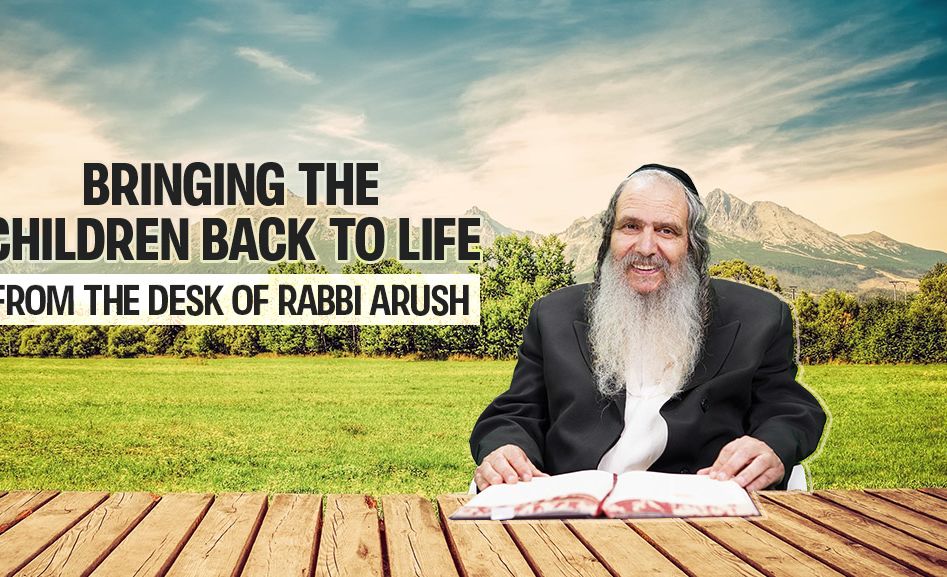
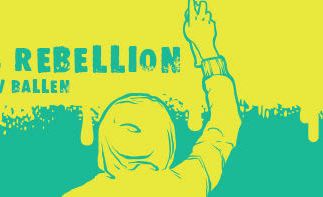


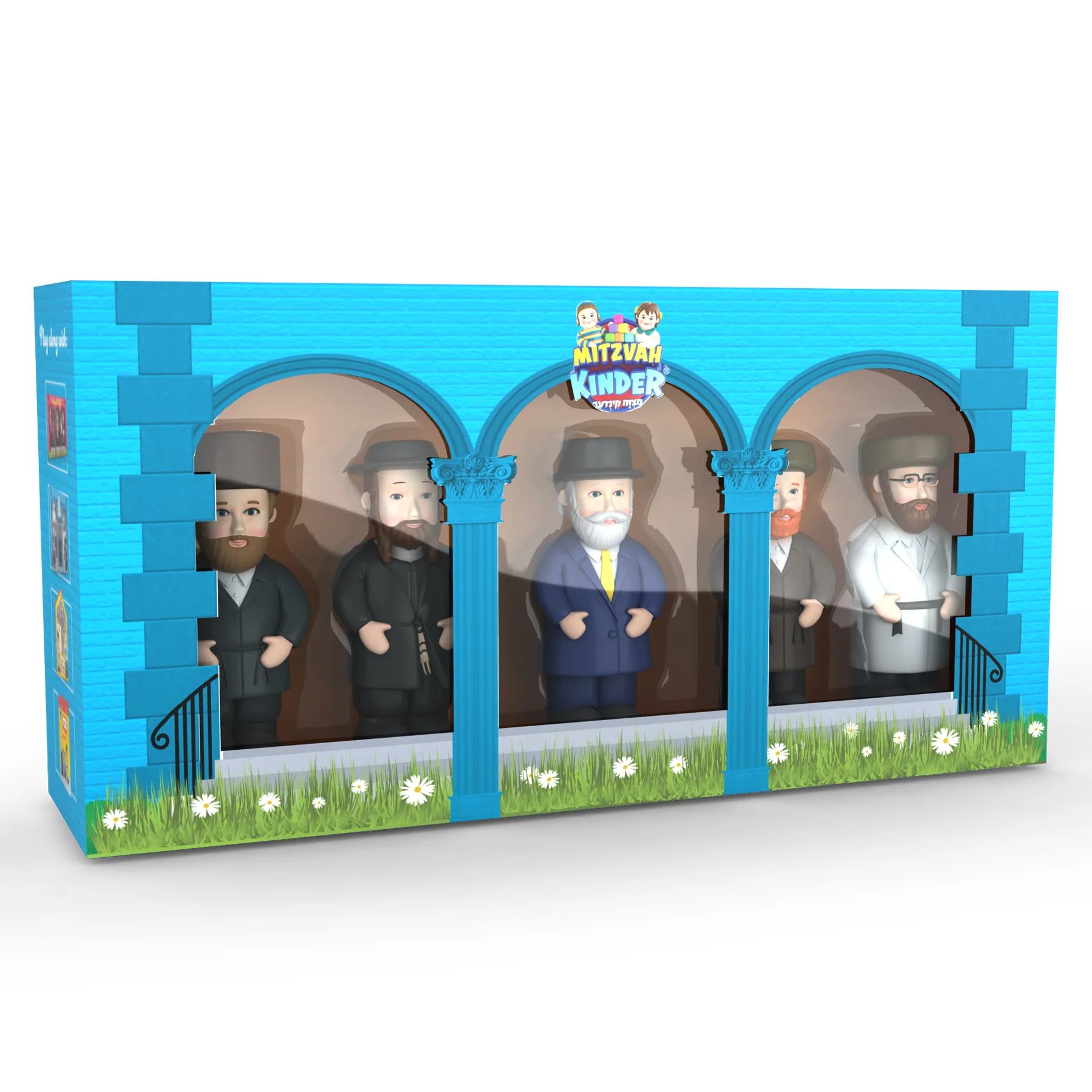

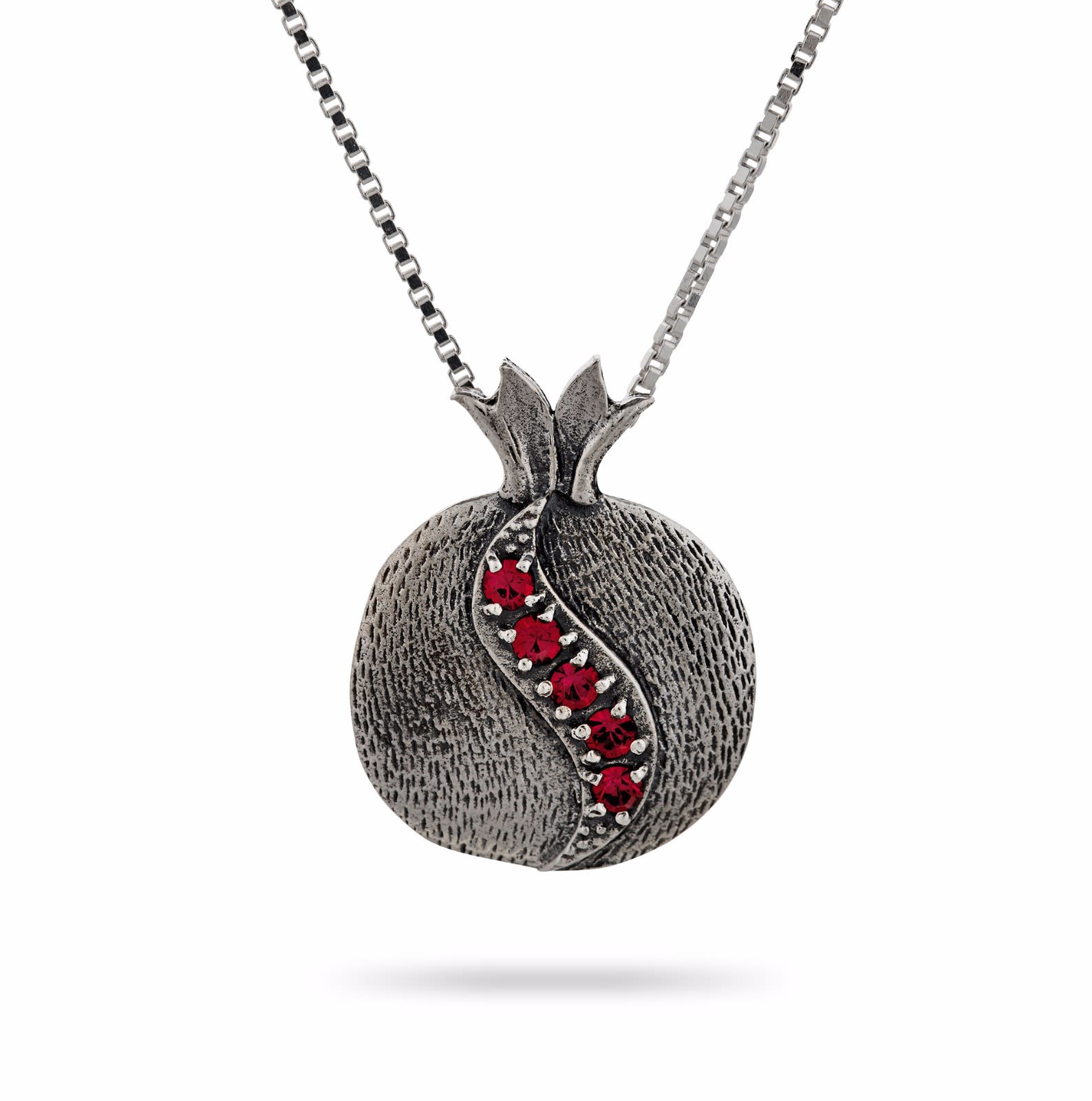
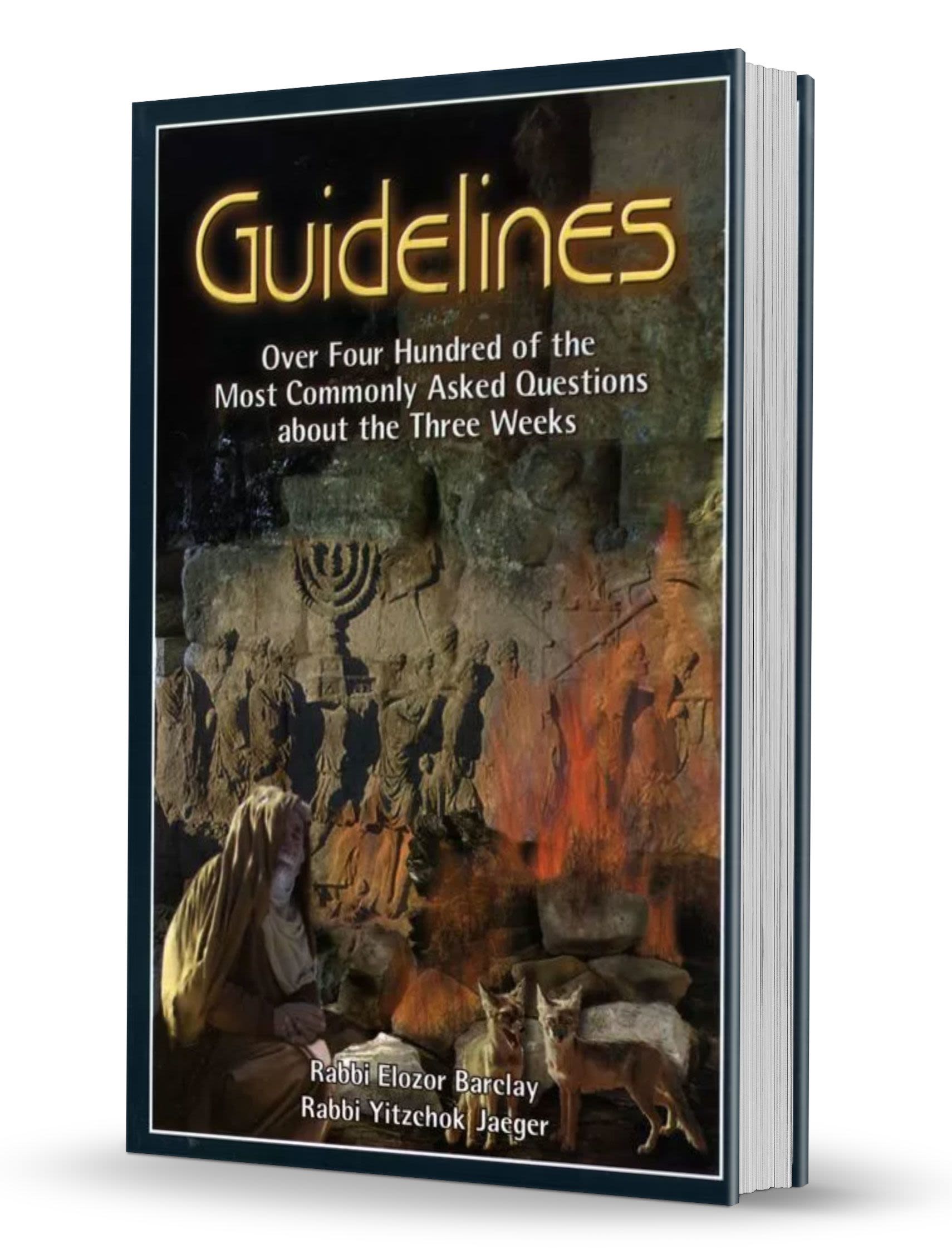
Tell us what you think!
Thank you for your comment!
It will be published after approval by the Editor.